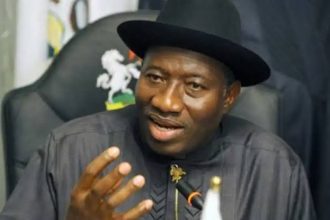The U.S. Supreme Court on Thursday declined to grant President-elect Donald Trump’s request to delay his sentencing in the hush-money case, leaving him with a legal cloud as he prepares to be sworn in on January 20th.
Trump’s legal team had submitted an emergency motion to the court, arguing that a felony conviction, even without jail time, fines, or probation, could have significant implications for the president-elect as he assumes office.
The motion was submitted to Justice Sonia Sotomayor, who handles emergency appeals from New York.
The sentencing, scheduled for Friday, stems from a May 2024 trial where Trump was charged with 34 felony counts of falsifying business records related to alleged hush-money payments.
Trump pleaded not guilty to all charges. The case was presided over by Judge Juan Merchan, who has clarified that the sentencing will not impose incarceration or monetary penalties.
Despite this, Trump’s lawyers argue that the felony conviction carries “intolerable side effects,” including potential distractions from his presidential duties. The defense team had previously sought relief from a New York court, which refused to delay the proceedings.
The Supreme Court’s decision is particularly notable, given its conservative majority, which includes three justices appointed by Trump during his first term.
However, the rejection underscores the court’s unwillingness to intervene in the case at this stage.
Legal analysts say the decision could have implications for Trump’s political future, as he attempts to navigate a presidency overshadowed by legal controversies.
While no immediate penalties are expected from the sentencing, the symbolic weight of a felony conviction could shape public and political perceptions of the incoming administration.




